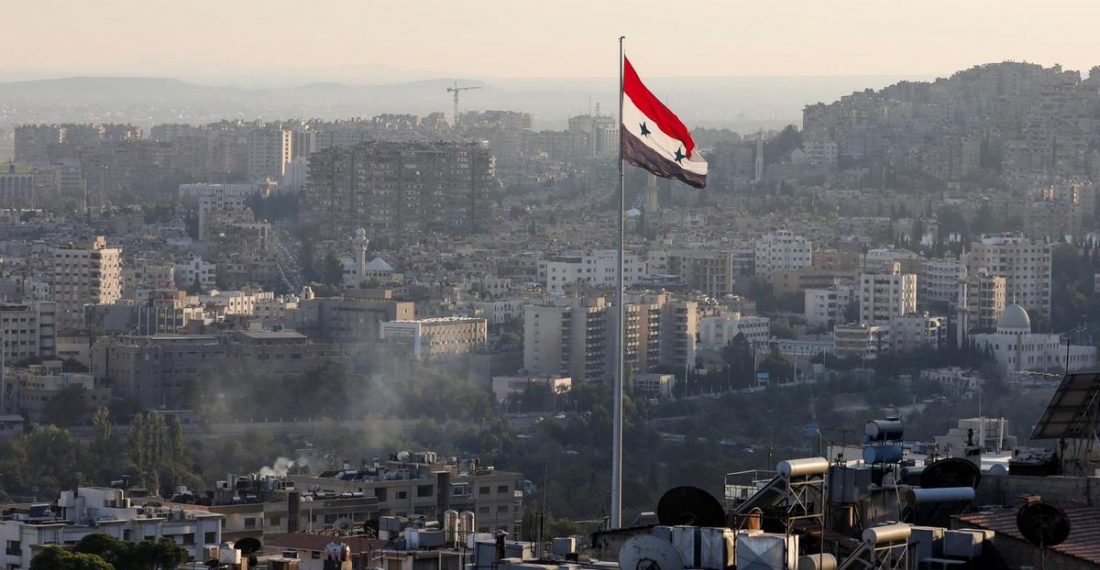The European Union will renew its sanctions against the regime in Syria for another year, until 1 June 2022. The sanctions were outlined in previous European Council conclusions.
The EU sanctions were introduced in 2011 as a response to the violent repression in the country. Currently, 283 individuals and 70 organisations are on the sanctions list. The EU constantly updates the list. The sanctions include a ban on entry to the EU and a freeze on European assets.
Furthermore, the EU also has a ban on oil imports from the country and specific equipment and technology that can be used for repression or state control of the Internet or telephone may not be exported from the EU to the country.






